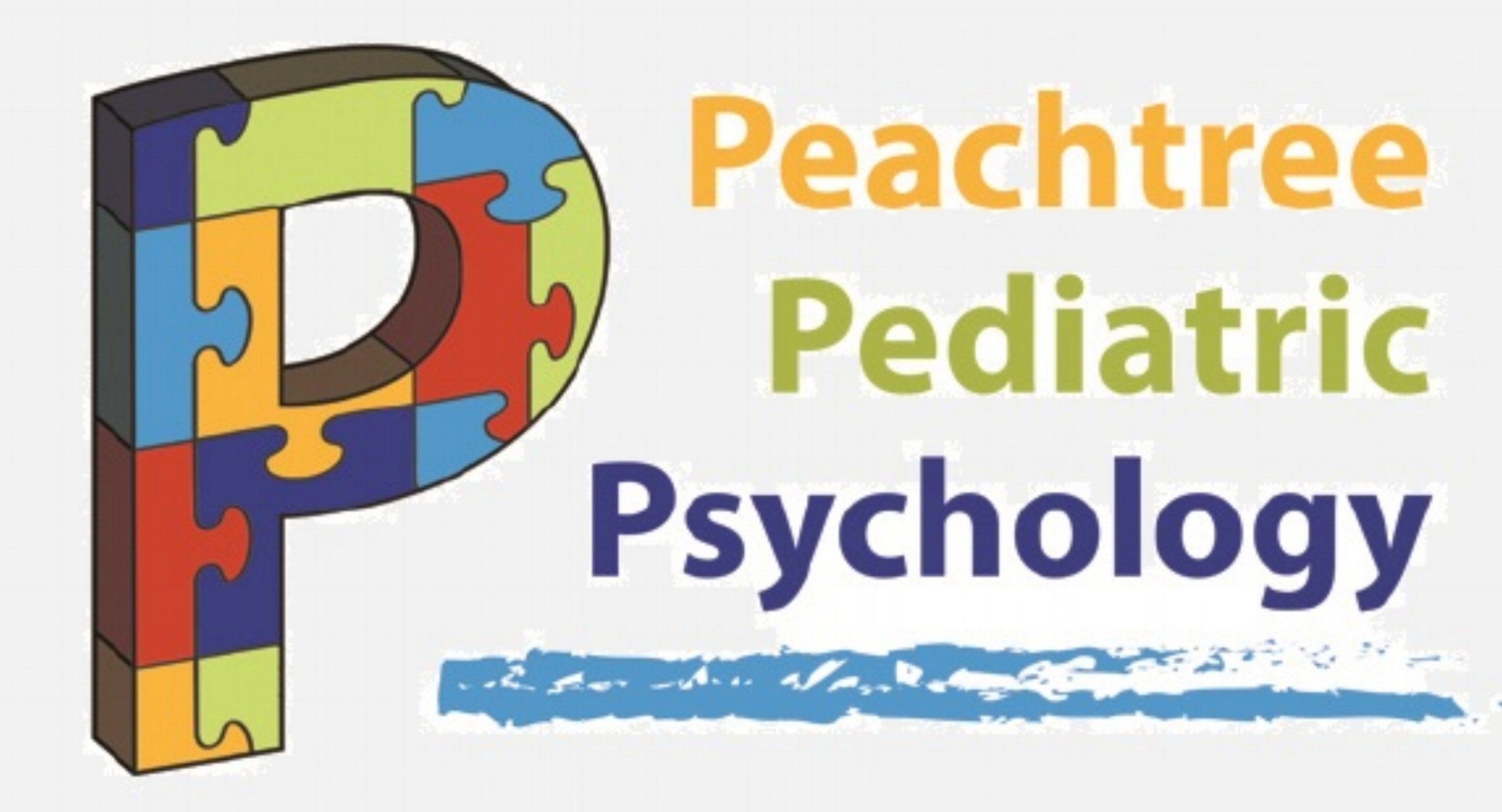FAQS
Welcome to our new FAQ section! Please feel free to email in suggestions for new content to admin@peachpsychology.com
Why is this Evaluation Different?
At Peachtree Pediatric Psychology (P3), we offer several types of evaluations including psychological and psychoeducational evaluations. We also offer specialized evaluations such as neurodevelopmental evaluations, gifted testing, and Katie Beckett Deeming Waiver evaluations. All of our evaluations are carefully designed to assess children who are having developmental, social, behavioral, and educational problems, and to identify the best treatment options for them. Every evaluation begins with an intake session during which we discuss the patient’s history, current presentation, and family’s questions in detail, and we personalize and individualize each assessment to fit those needs.
We receive many questions from families about the different types of evaluations we offer – their purpose, cost, how they differ from other evaluations, etc. This page is intended to answer those questions and convey the benefits of our evaluations for children with various assessment needs. Please feel free to reach out to us with additional questions!
What is a psychological evaluation? An evaluation which examines a child’s emotional and behavioral functioning with the aim of determining an underlyingpsychological or psychiatric diagnosis(such as Attention-Deficit/Hyperactivity Disorder (ADHD), Autism Spectrum Disorder (ASD), or an anxiety disorder, etc.).
Children and adults who benefit from psychological evaluations may have behavior problems, social problems, communication issues, or developmental disabilities.
A typical psychological evaluation may include assessments of cognitive ability (IQ), visual-spatial processing, executive functioning, attention, language skills, social/emotional functioning, and/or adaptive functioning.
At P3, we also offer specialized evaluations for children with concerns of significant developmental disabilitiesto document their functioning in order to help them qualify for the Katie Beckett Deeming Waiver.
What is a neurodevelopmental evaluation? A specific type of psychological evaluation that is designed for infants through preschool-aged children. These evaluations include a focus on developmental, motor, play, and language skills in addition to psychological issues.
Children who benefit from neurodevelopmental evaluations generally are showing signs specific communication, behavioral, or social problems. During these evaluations, we make use of specialized instruments, such as the Autism Diagnostic Observation Schedule (ADOS-2), to assess for Autism Spectrum Disorder and other neurodevelopmental disorders.
What is a psychoeducational evaluation? An evaluation that seeks to understand a child’s learning style and guide the development of classroom accommodations from an educational perspective.
Children who benefit from psychoeducational evaluations may have concerns for a learning disability or specific classroom issues. These evaluations include educational and classroom learning assessments in addition to cognitive assessments.
Typically, psychoeducational evaluations are not covered by insuranceand come at an additional out-of-pocket cost. However, when there are concerns that warrant both a psychological and psychoeducational evaluation, we work with insurance companies to get them to cover as much of the evaluation as possible.
How are these evaluations different than an evaluation done by my child’s school? While school evaluations can qualify children for services through an Individual Education Program (IEP) or 504 plan, they cannot provide a medical diagnosissuch as ADHD or ASD. Should your child meet criteria for a diagnosis during our evaluation, we can make recommendations for the classroom that are tailored specifically based on your child’s diagnosis, as well as the specific strengths and weaknesses of your child. We often communicate directly with schools during the course of the evaluation to help clearly determine the most efficient and most realistic plans for educational support. Our recommendations also direct you in how to provide support outside of school.
What is a neuropsychological evaluation? An evaluation that aims to examine how a brain functions and how that functioning impacts a child’s behavior and learning. Neuropsychological evaluations are typically much broader in scope than psychological or psychoeducational assessments.
Children who benefit from neuropsychological evaluations often have medical or neurological illness, a genetic disorder, a psychiatric illness, or have suffered a traumatic brain injury.
Like psychological and psychoeducational evaluations, neuropsychological evaluations also include assessments of intelligence and academic skills, but also include formal assessments of specific domains of functioning that controlled by different regions of the brain, such as executive functioning, visual-perceptual abilities, information processing, sensory perception, and memory. This helps to determine the underlying brain function that leads to a child’s presentation and learning style.
At P3, we do not offer neuropsychological evaluations. We highly recommend reaching out to William Buchanan, Ph.D., of North Point Psychology or Thomas G, Burns, Psy.D. of Peachtree Neuropsychological Associates to see if they may able to assist you
References:
Bangert, L., Platner, A., & Watt, F. (2018, June 18). Frequently Asked Questions: Pediatric Neuropsychological Evaluation. Retrieved January 16, 2020, from https://franciscanchildrens.org/blog/frequently-asked-questions-pediatric-neuropsychological-evaluation/
Neurodevelopmental Evaluation. (n.d.). Retrieved January 16, 2020, from https://www.bostonneuropsych.com/service/evaluation/neurodevelopmental-evaluation
Psychological vs. Psychoeducational vs. Neuropsychological Evaluations. (n.d.). Retrieved January 16, 2020, from https://mcandrewslaw.com/publications-and-presentations/articles/psychological-vs-psychoeducational-vs-neuropsychological-evaluations/
